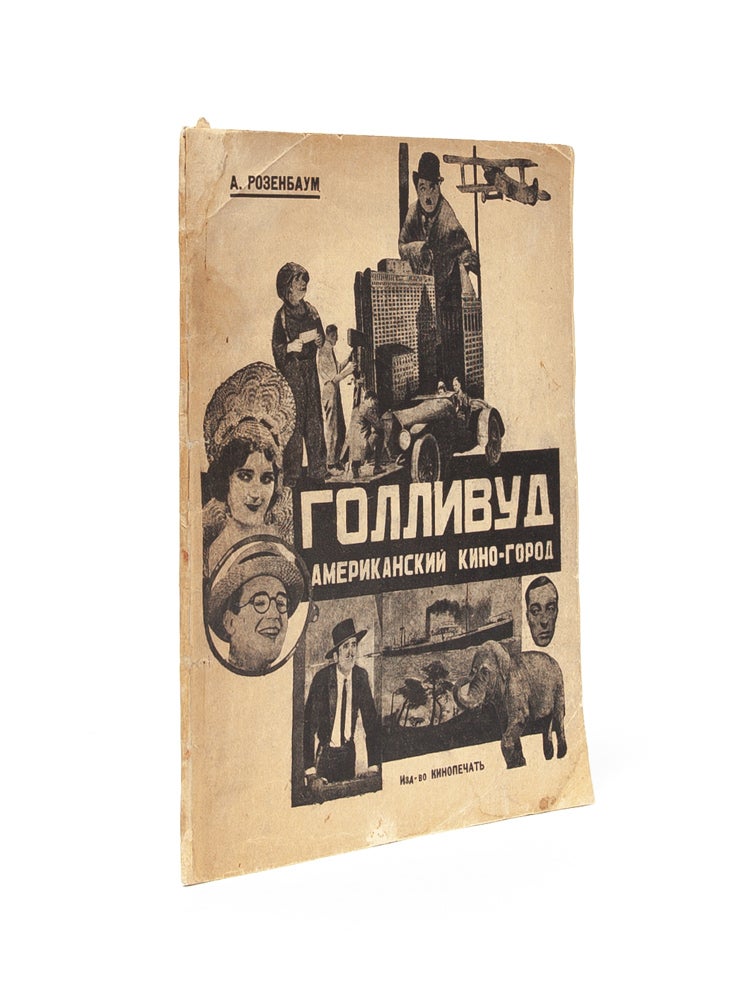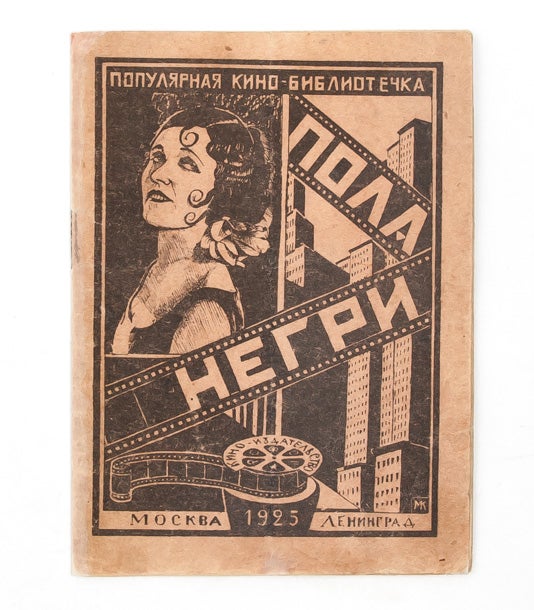Autograph Manuscript "For Symposium on Tax Reform"
September 8, 1972.
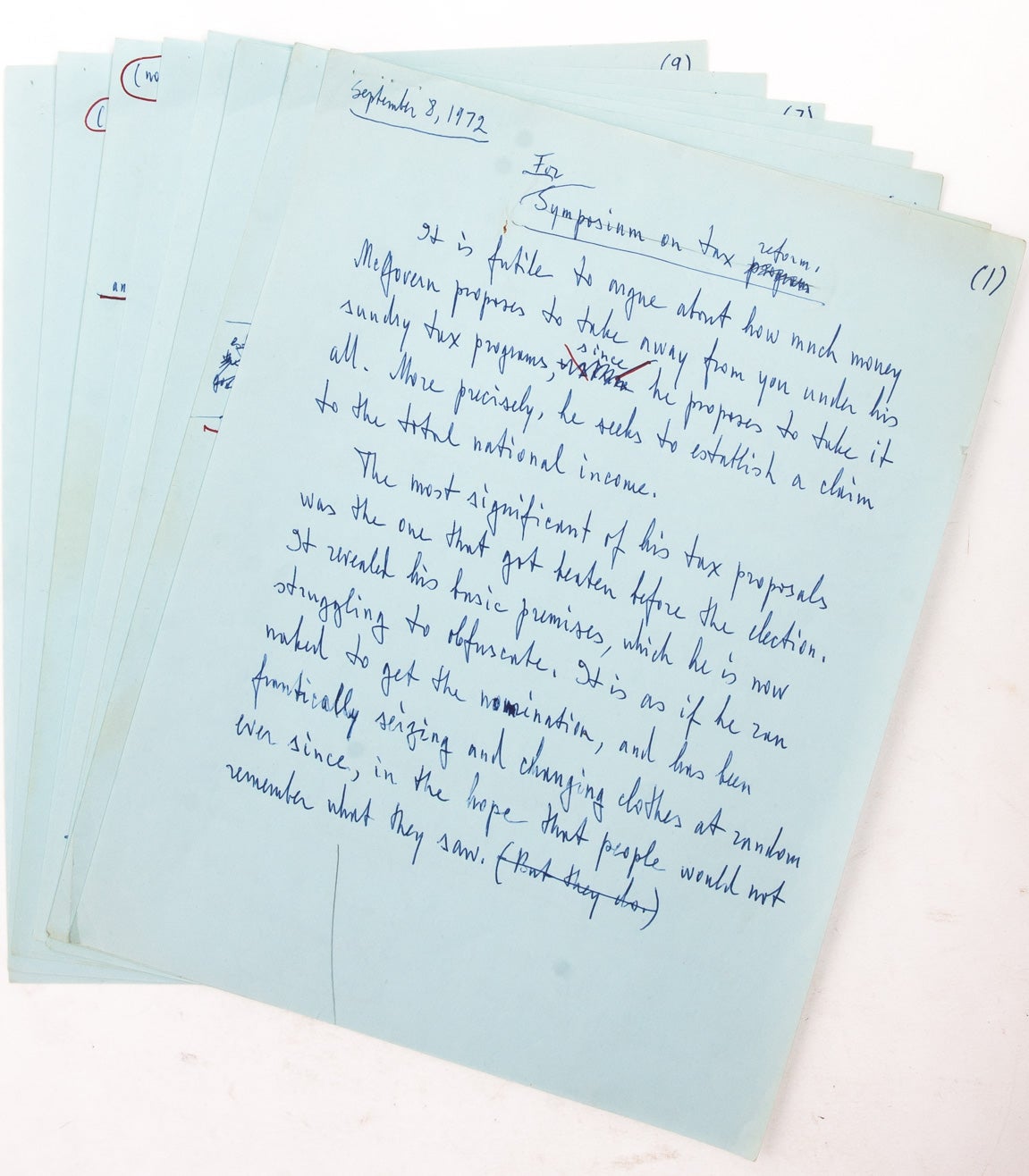

Autograph Manuscript "For Symposium on Tax Reform"
September 8, 1972. 9 page autograph manuscript on blue paper measuring 8.5 x 11" with holes from staples removed at upper left corner. Written in Rand's hand in blue ink, and heavily annotated and corrected in her hand in blue and red ink. Provenance: the Robert Hessen Collection, selling for $13,800 in 1998. Hessen, from whose collection this originates, was Rand's trusted personal assistant.
Across the nine pages of Rand's manuscript, one can trace the multiple layers of her thought process and preparation to speak at a symposium on an issue of importance to her. First writing in blue ink, Rand comes back and aggressively makes changes and alterations with what appears to be the same pen; words are energetically scribbled out, sections scored, and words replaced. A red pen comes later, and here she creates arrows and lines to shift the order of sections, highlight important concepts, and create new section and paragraph breaks. The topic of tax reform was an important one within Rand's Objectivist philosophy; and specifically at this moment she was concerned about the possibility of Democratic presidential candidate George McGovern coming to office and expanding the social safety net. Her opening line, which she leaves untouched except for red emphasis marks, makes this clear: "It is futile to argue about how much money McGovern proposes to take away from you under his sundry tax programs, since he proposes to take it all. More precisely, he seeks to establish a claim to the total national income." By the second page, where Rand has written a draft of the same paragraph and fully scored it out, moves on to a more abstract Objectivist rhetoric rather than focusing on a specific candidate. "If a man proposes to redistribute wealth, it means that the wealth is his to distribute. If he proposes it in the name of government, then the wealth belongs to the government. No one did or could define the difference between that proposal and the basic principle of communism. Perhaps communism is more practical and less cruel at least in theory; a communist government forbids men to act independently, but assumes the responsibility of providing for their livelihood." Born into the Soviet Union, the immigrant Rand railed against communism throughout her life, fearing its global expansion and participating during the Hollywood black lists with McCarthy's House Un-American Activities Committee in an attempt to prevent Americans from viewing sympathetic portrayals of unions or workers that in her mind was evidence of "collectivism." By this time, she had fully and vocally immersed herself in political dialogue, entering the ring to speak about government leaders. "McGovern's plan was the first time that full fledged statism was offered to the American people explicitly," she writes on page 6, "The popular reaction -- as shown by McGovern's collapse in the polls -- is a magnificent demonstration of American independence." As she concludes, Rand admits that the Republican incumbent is not a perfect one; but she clarifies with few corrections why she supports him: "I am not an admirer of President Nixon, but I think that every able-minded citizen should vote for him -- as a matter of national emergency. But Nixon cannot be trusted, you say? It is true: he cannot be trusted to save this country. But McGovern can be trusted to destroy it." As Rand expresses it, Americans should collectively come together and vote for an untrustworthy candidate who will, nevertheless, leave them free to pursue their own individual wealth and self-interest rather than vote for a candidate who will engage in taxation, the creation of a collective social safety net that ensures the individual well being of some at financial cost to others. A unique and powerful expression of Rand's philosophies, linked to a specific political moment, and with revealing information on her writing process for public speaking.
Butterfield lot 5919 (1998). Provenance: From the private collection of Jay T. Snider (Item #2763)

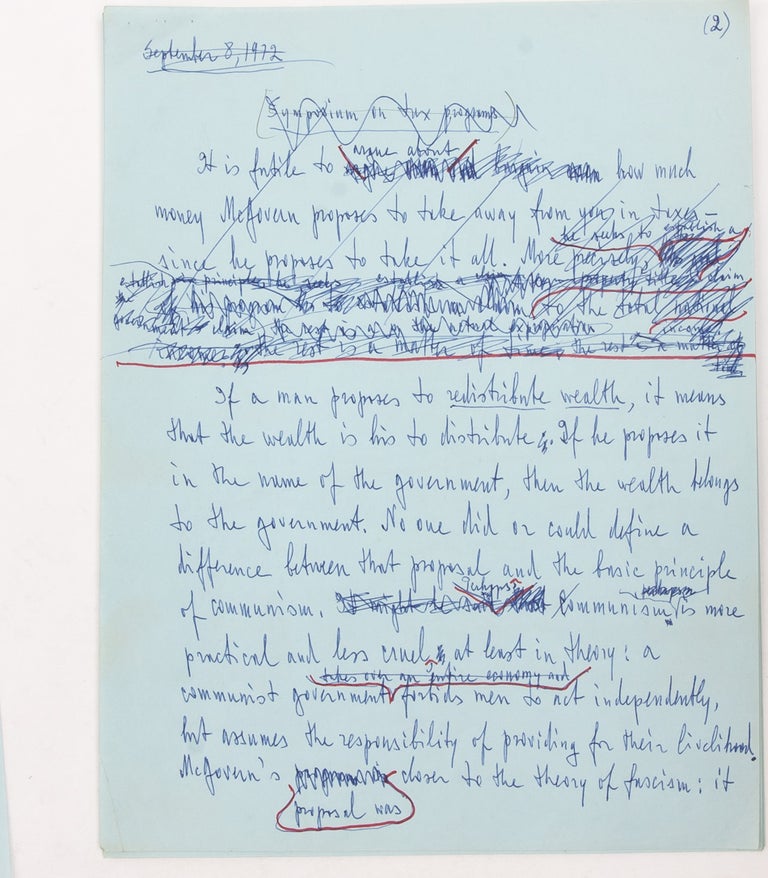
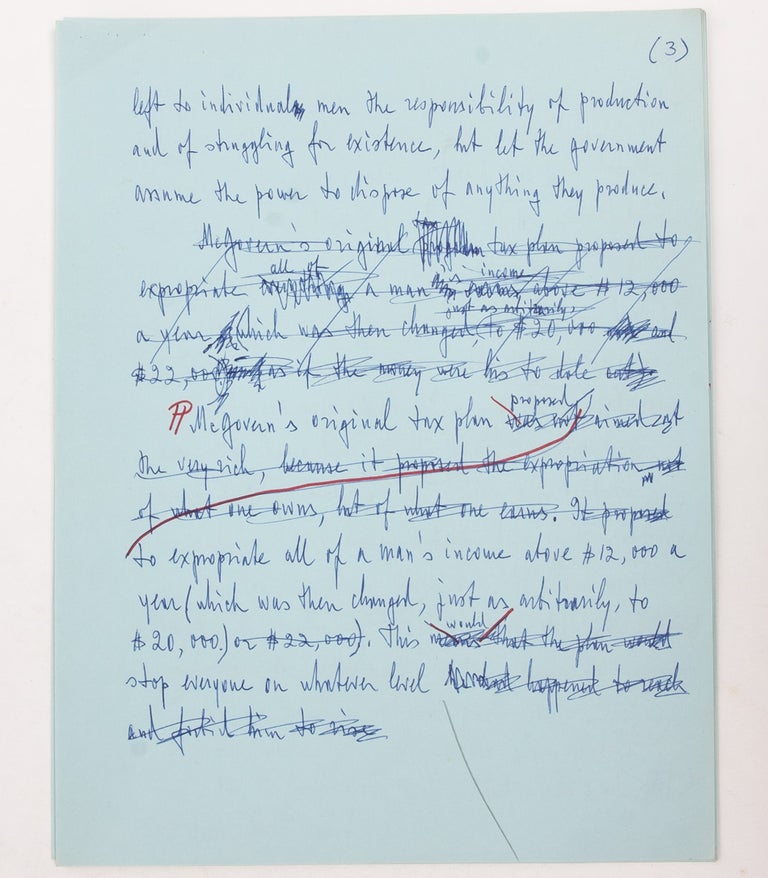
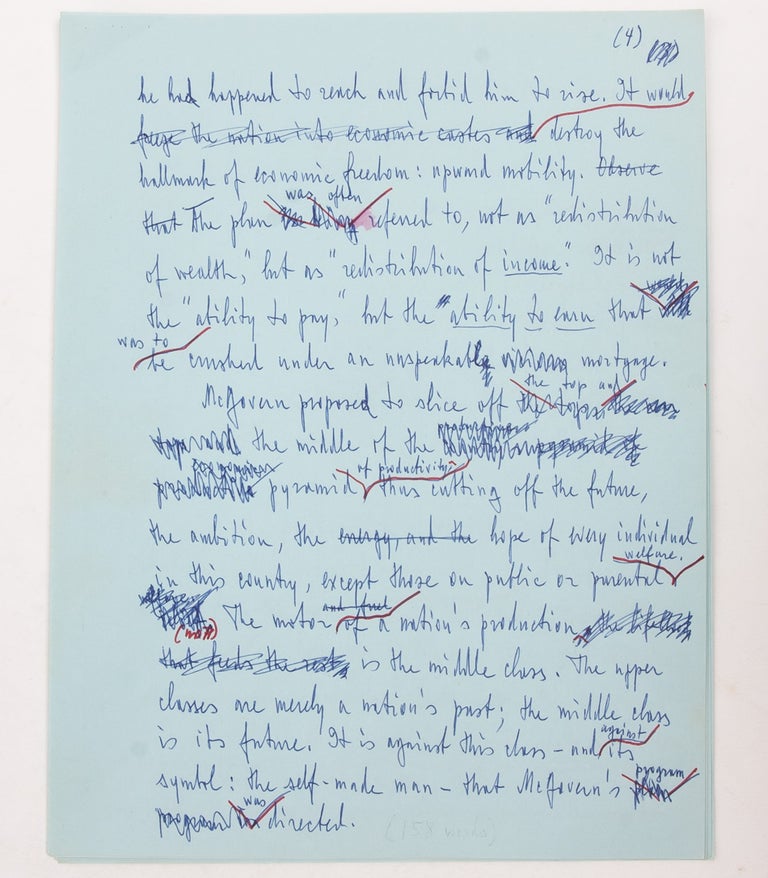
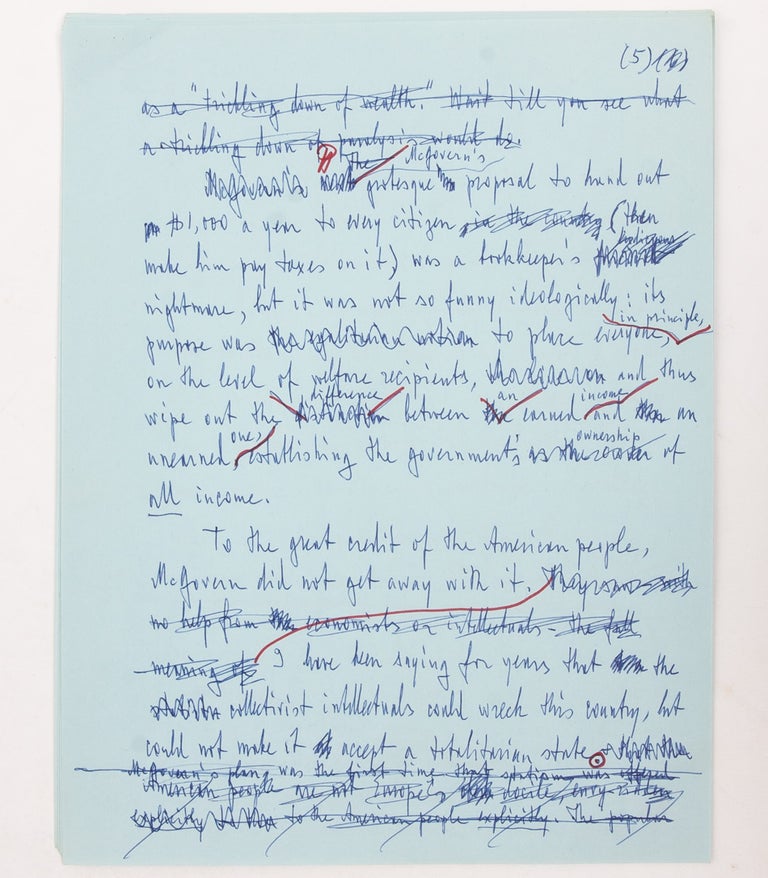
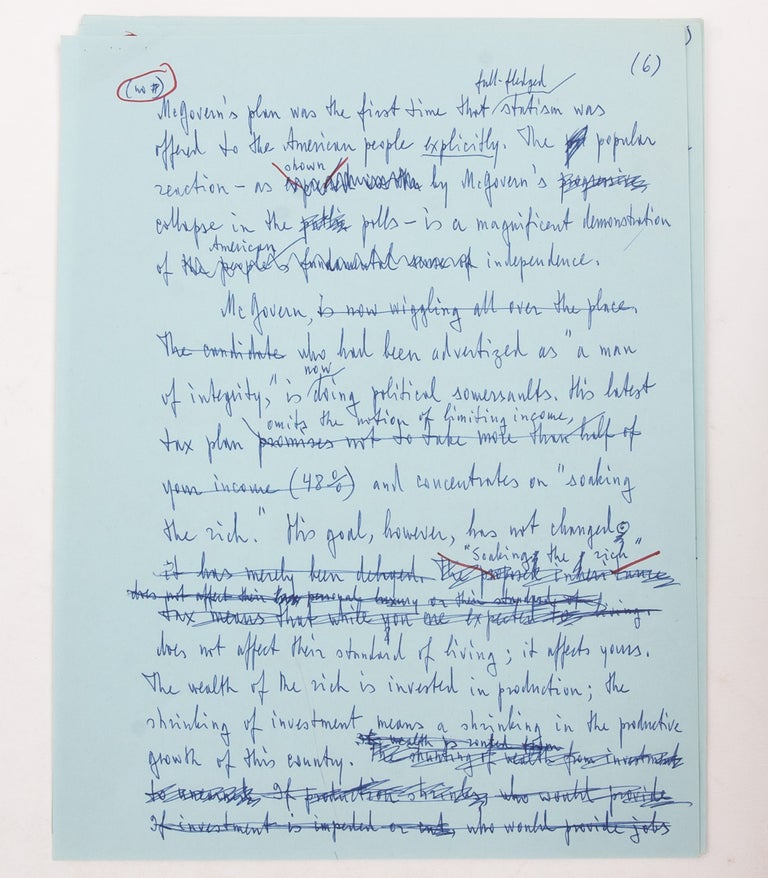
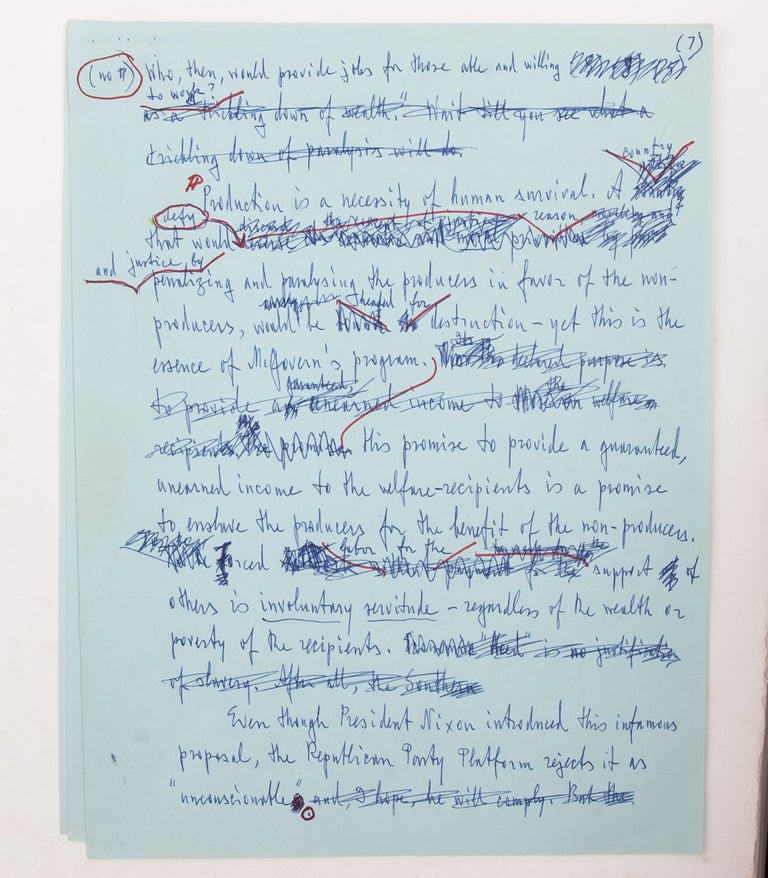
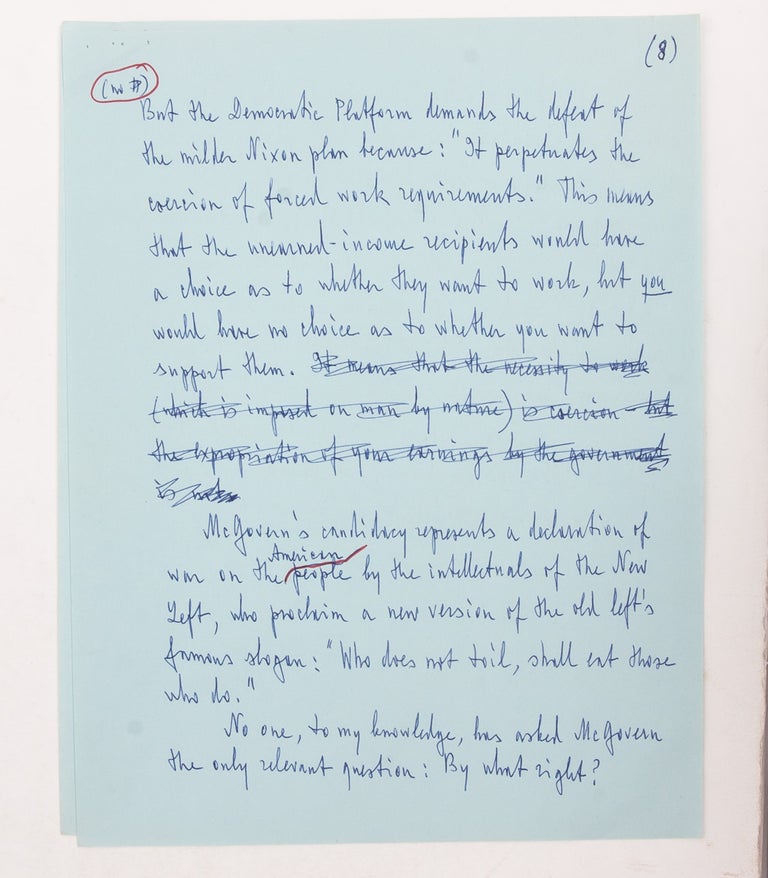
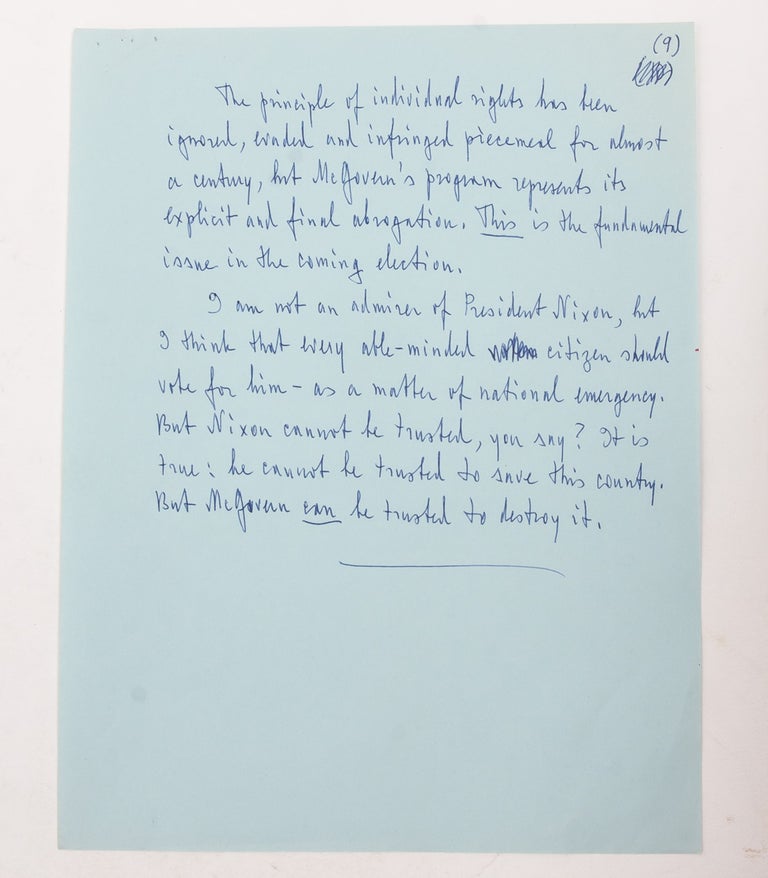
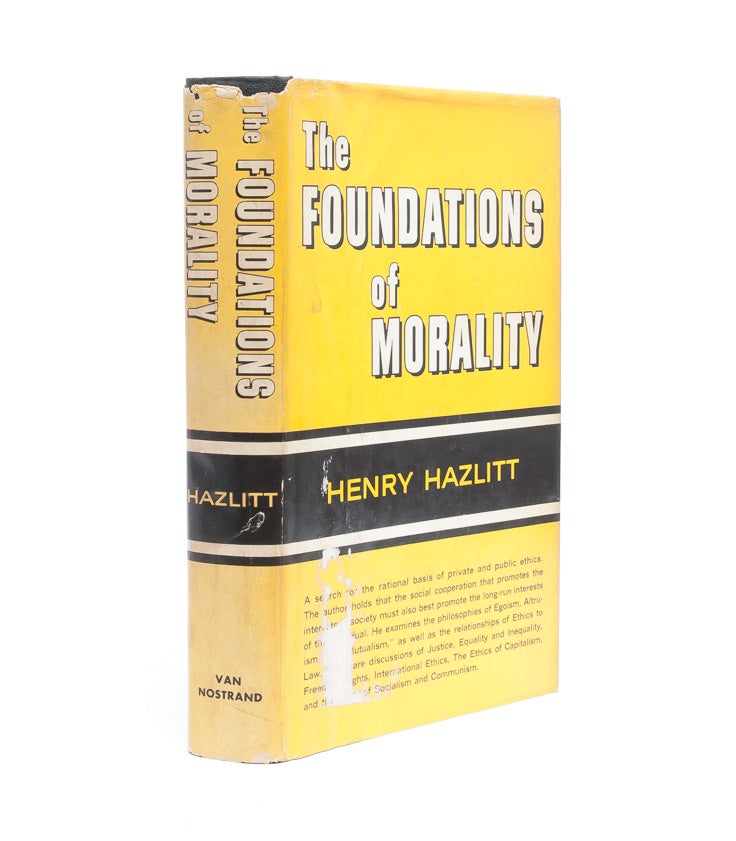
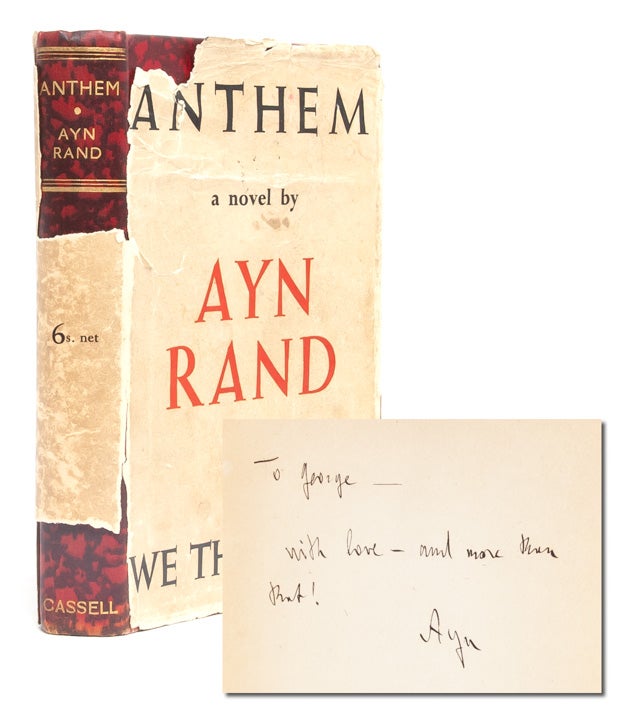
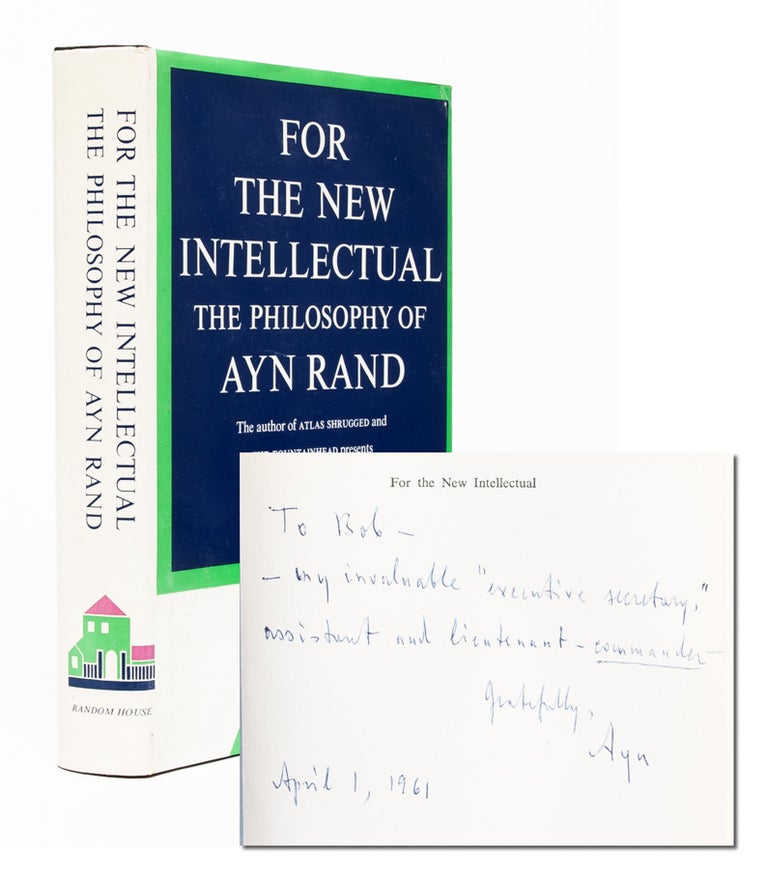
![Atlas Shrugged] The United States Railway Mission in Mexico, 1942-1946. Ayn Rand, Fred E. Linder.](https://whitmorerarebooks.cdn.bibliopolis.com/pictures/2750.jpg?width=768&height=1000&fit=bounds&auto=webp&v=1557334101)
